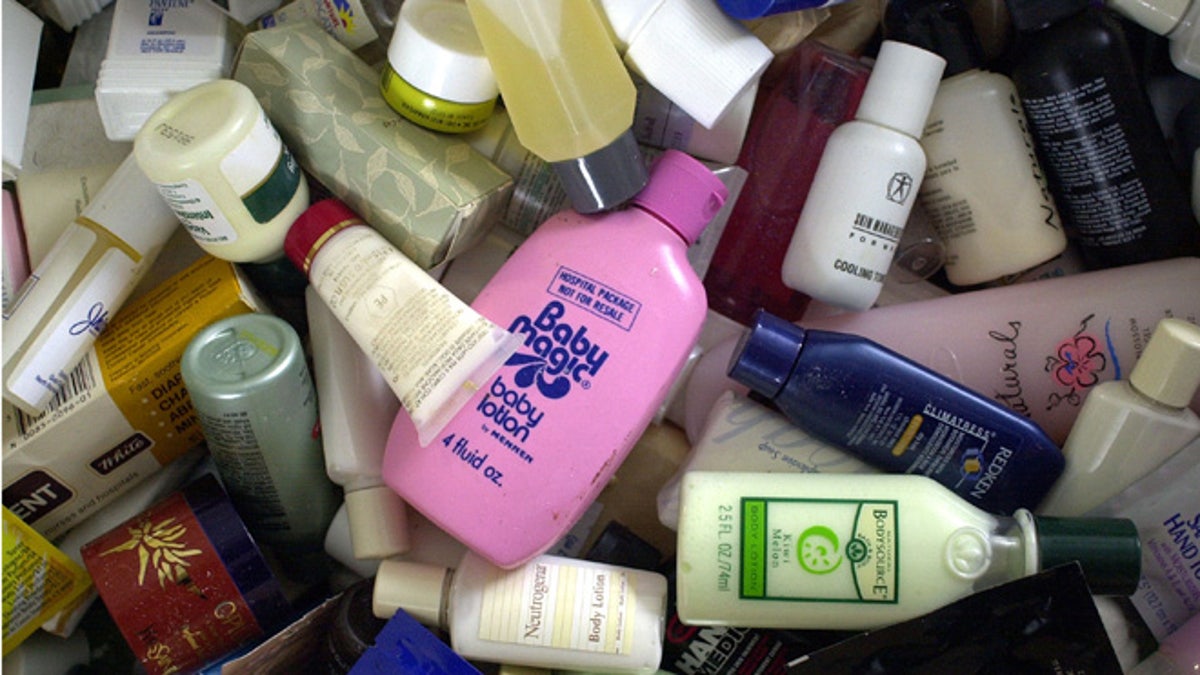
(Photo by William Thomas Cain/Getty Images) (2003 Getty Images)
It’s no secret that teenage girls love to use beauty products. But a recent study released by the University of California, Berkeley shows that a youthful obsession with personal care items may carry a hidden price.
Researchers from both UC Berkeley and local health advocates, Clinica de Salud del Valle de Salinas (Salinas Valley Health Clinic) enlisted 100 Latina teenagers to participate in the study, which is known as the Health and Environmental Research on Makeup of Salinas Adolescents (or HERMOSA, which is the Spanish word for “beautiful”). Almost all of the teens were found to have considerable amounts of 4 potentially hormone-disrupting chemicals in their system: Triclosan, parabens, oxybenzone and phthalates.
Bearing in mind that teenage girls reportedly use about 17 personal products a day, the chemical cocktail of those four compounds could lead to undesirable health effects.
The researchers expressed concern over the effect of these compounds on the body of teenagers, when reproduction and brain development are significant, given their prevalence in everyday products like shampoo, sunscreen and perfume.
“We know that a lot of makeup and personal care products contain chemicals that block or mimic or otherwise interfere with hormones,” Berkeley’s Dr. Kim Harley, associate director of Berkeley's Center for Environmental Research and Children's Health, told the San Francisco CBS affiliate.
"Teen girls may be at particular risk since it's a time of rapid reproductive development," Harley said in a release about the study, "and research has suggested that they use more personal care products per day than the average adult woman."
Triclosan is a common anti-bacterial chemical found in items such as toothpaste, hand soap and cosmetics. Parabens act as preserving agents for various hair and makeup products. Found in many sunscreens, the safety of ultraviolet light-blocking oxybenzone has come under question in recent years.
Phthalates, used in many fragrances and nail polish as a stabilizer, have been shown to have reproductive effects on animals during lab tests. As with the other compounds, the researchers note that more research on the effects on humans are needed.
As part of the Berkeley study, participants were switched from their regular personal care items to products free of those compounds. After just three days, researchers observed a dramatic decrease of the compounds in urine samples.
The participants found the results eye-opening. Maritza Cárdenas was both a subject in the study as well as one of 12 participants who helped design and carry it out.
“It was a little bit scary to think I had all these chemicals in my body,” Cárdenas, who is now an undergraduate at Berkeley, told CBS.
In the release about the study, she was quoting as saying, ""Personally, since the study, I've tried to use more organic products. It's hard, especially as a college student who doesn't have a lot of money. You tend to just get what's on sale. But ... if you can't make the best choice when you're buying because of cost, you can at least try to limit the use of the products you do buy."
